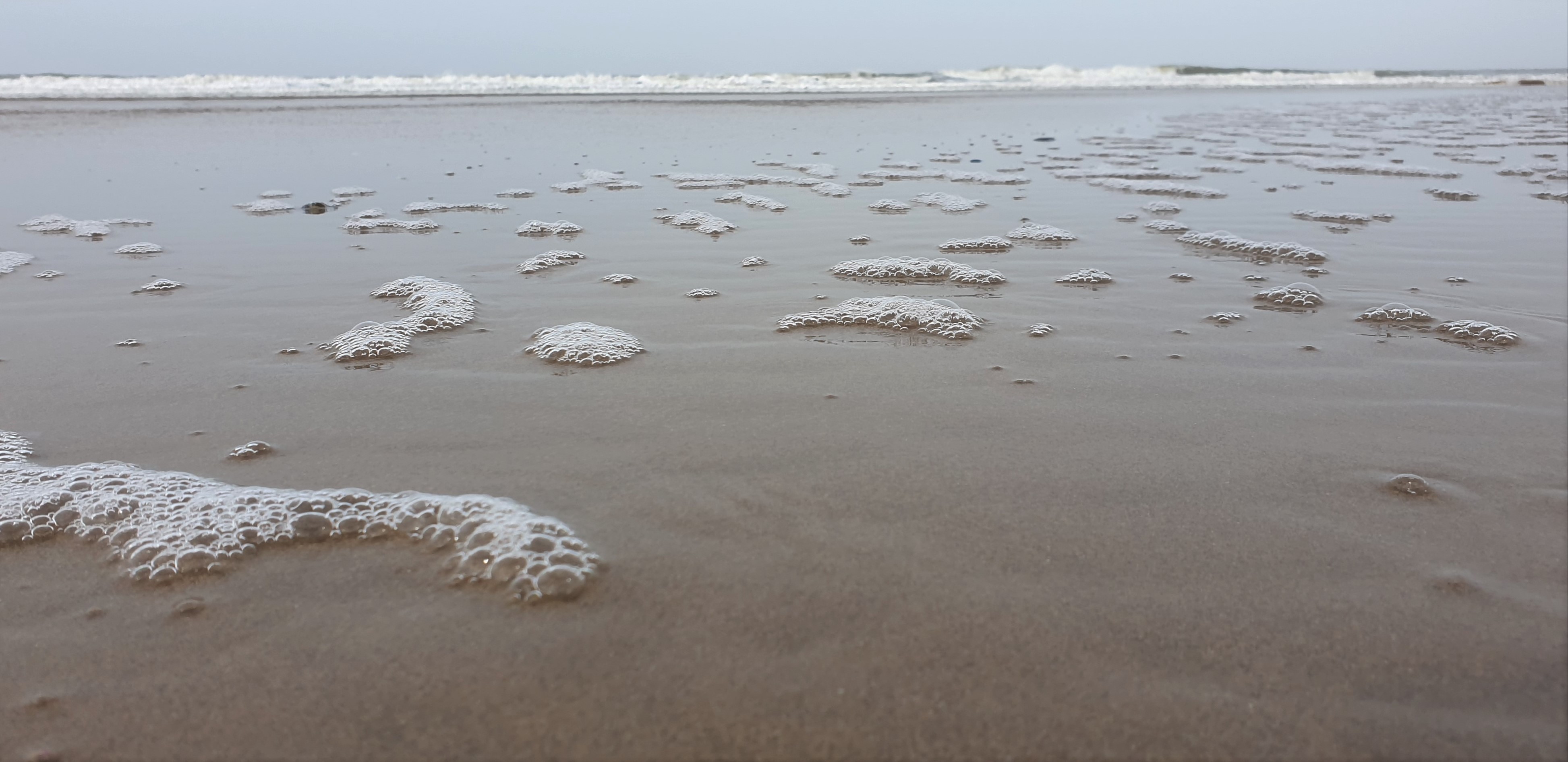The last decade has seen an exponential rise in major weather events across the UK. The increase has been both in severity and occurrence, with Met Office data for nationwide major weather events jumping dramatically from an average of three major weather events each year recorded between 2000 and 2017, to a shocking eight major weather events recorded in 2018 alone, thirteen recorded in 2019 and a close eleven in 2020. In 2020 the Met Office reported that extended periods of extreme winter rainfall in the UK had increased in likelihood by roughly seven times due to anthropogenic climate change. Cornwall has experienced increasingly severe winter weather, damaging winds and widespread flooding.
As a county largely made up of coast, the effect of the increase in major weather events is felt keenly in Cornwall. The result of a particularly bad storm season can be devastation. Concerns for the integrity of the seawall at Castle beach in the popular resort town of Falmouth have been raised after storms have caused increasing damage. As the Cornish economy is heavily reliant on the Tourism sector, the damage caused by the storm seasons threatens the livelihoods of many. Polluted beaches and dangerously compromised cliffs don’t make for postcard-perfect holidays.
One of the most tangible results of this change is pollution levels in our coastal environments, from sewage overflow events to physical detritus. After a week of extreme weather, on February 14th the St Austell coastguard was called out to an emergency report of a potentially dangerous chemical drum found on Carlyon beach. Cornwall Fire and Rescue Service were able to remove and safely dispose of the container. Luckily the container was secure and not leaking.
This isn’t an isolated incident, the Surfer’s Against Sewage (SAS) 2020 Water Quality Report found that the changing climate is likely to worsen coastal sewage pollution and water quality. The report points to recent studies showing that anthropogenic climate change has already heightened flood risk in England and Wales by at least 20% and up to 90% in some regions. It also cites several studies which have linked climate change to an increase in sewer overflow events. Alongside increased water testing and quality legislation, SAS calls for natural solutions to sewage pollution such as the restoration of natural habitats.
“Because [the storms] are increasing in terms of severity and frequency, coastal erosion is happening a lot faster and flood defences are being breached more frequently. It’s putting people’s homes and livelihoods in jeopardy, and it’s only really the beginning. We are only at 1 degree of warming and we’re heading for a lot worse weather to come,” Angela Terry, climate expert and founder of One Home told Truthfal. “Our sewage systems were put in place a long time ago and they were not meant for this volume of water. For every 1 degree hotter the atmosphere can hold 7% more water and that’s why we are having more and more downpours. Also, we’ve had lots of urban development so instead of having grass fields and forests that act as sponges we have concrete and paving that acts like a slate roof so the water runs off quicker as well which is why unfortunately the sewage systems cannot cope.”
Angela explains there are ways to prevent the situation from worsening, “Firstly, we need to make people aware of what’s going on,” Angela explains, “Secondly, we need better design. We need to adapt to the new future”.
Related stories:

